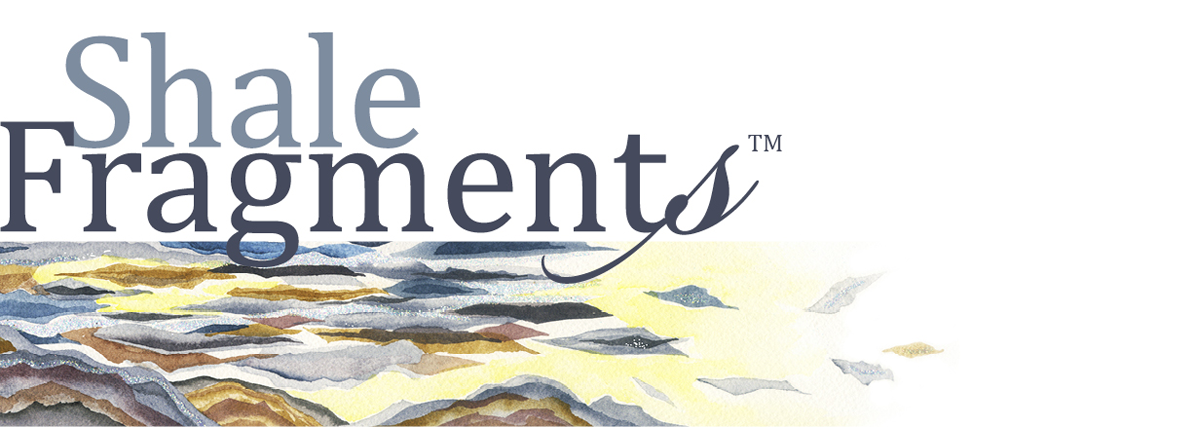In His Dust – 3. Binding and Loosing
In His Dust
Binding and Loosing
Print the two-page PDF
Yeshua gives authority to Peter
Yeshua said to Peter, “I will give you the keys to the kingdom of heaven; and whatever you bind on earth shall have been bound in heaven, and whatever you loose on earth shall have been loosed in heaven.” (Matthew 16:19)
In the first century, the Hebrew ’āsar (bind) and hitir (loose) meant prohibit and permit and pertained to what was prohibited or permitted according to the Torah (or Law of Yahweh). David M. Bivin of the Jerusalem Perspective wrote:
Jewish sages were called upon constantly by their community to interpret scriptural commands. The Torah forbids working on the Sabbath, for instance, but it does not define what constitutes work. As a result, the sages were required to rule on which activities were permitted on the Sabbath. They bound or prohibited certain activities, and they loosed or allowed others.
The Mishnah is a compilation of rabbis’ discussions about the Torah from about 200 BC to AD 200. It includes different schools of thought about the interpretation and application of the Torah. Although the Mishnah is not an inspired text, Yeshua addressed it. He did not do away with the Torah but rather fulfilled it by explaining and living its true intent (Matthew 5:17-19). In Matthew 16:19 (above), Yeshua gave this interpretation authority to Peter. He knew Peter would soon be full of the Holy Spirit and would have His discernment into the application of the Torah; it would be a discernment that flowed from the Father’s heart of grace, love, freedom, and forgiveness.
Yeshua gives authority to His disciples
The concept of prohibiting and permitting appears again in Matthew 18 but in a different context:
15 “If your brother sins, go and show him his fault in private; if he listens to you, you have won your brother. 16 But if he does not listen, take one or two more with you, so that by the mouth of two or three witnesses every fact may be confirmed. 17 If he refuses to listen to them, tell it to the church; and if he refuses to listen even to the church, let him be to you as a Gentile and a tax collector. 18 Truly I say to you, whatever you bind on earth shall have been bound in heaven; and whatever you loose on earth shall have been loosed in heaven.
19 “Again I say to you that if two of you agree on earth about anything that they may ask, it shall be done for them by My Father who is in heaven. 20 For where two or three have gathered together in My name, I am there in their midst.” (Matthew 18:15-19)
In these verses, Yeshua is speaking to His disciples. He gives them permission to bind (prohibit) or loose (permit) a brother with regards to his standing in the fellowship of believers after he sins. Yeshua is trusting them to make the right judgment according to the condition of their brother’s heart, whether repentant or resistant. But, it is so interesting to note the context of these verses in Matthew 18:15-19:
- The verses preceding Matthew 18:15-19 pertain to protecting little children, the severity of causing them to stumble, and the importance of searching for them as if they were the one little lost sheep. Yeshua’s placement of importance on each little child cannot be overstated.
- The verses following Matthew 18:15-19 are about radical forgiveness.
Yeshua is instilling in His disciples the paramount importance of the fragility and value of each person, as well as the importance of ensuring our hearts are clear in forgiveness when confronting a brother or sister.
Verses 19 and 20 refer to the earnestness of two or more disciples who are gathered to discuss the application of Scripture with regards to their brother who has sinned. As they respond to him with great care, value, and with clear hearts of forgiveness, the glory of the Father will be in their midst guiding them. Yeshua is giving His disciples His authority as a rabbi (teacher) to prohibit or permit. As I said before, they will all soon be full of the Holy Spirit and, therefore, full of His discernment into the application of the Torah, a discernment that will flow from the Father’s heart of grace, love, freedom, and forgiveness. They will interpret the Torah as God intended, thereby fulfilling the Law.
Conclusion
As you can see, these verses about binding and loosing do not pertain to “binding the strong man” (from Mark 3:27) or “loosing chains” (from Acts 16:26). Rather, Yeshua gave His disciples the authority to prohibit or permit actions in their interpretation and application of Torah. He was their Rabbi, but soon each one of them would be rabbis imbued with and made new by the Holy Spirit. With an earnest desire to do the Father’s will, they would discern His will for their good and the good of others.
If our hearts seek to love God first and to do His desire, we can make these same decisions, guarding our hearts, checking our motives, and being accountable to those we trust. Just as Yeshua wanted His disciples to learn from Him and not from the selfish whims of the religious rulers, the Apostle John also taught,
“And as for you, the anointing which you received from Him remains in you, and you have no need for anyone to teach you; but as His anointing teaches you about all things, and is true and is not a lie, and just as it has taught you, you remain in Him.” (1 John 2:27)
As we live in Colossians 3:12-16 and Psalm 139:23-24 (see below), we can make decisions (bind or loose) pertaining to the verses in Matthew 18:15-19, such as:
- Should I confront this brother or sister? Should I involve others?
- Am I seeking restoration for my brother and/or protection for someone who could be harmed?
- Is the log out of my eye, so I can help my brother with his spec?
And we can also make decisions to bind or loose pertaining to other matters: Should I garden on His day of rest? (Perhaps it is work for some and rest for others.); Would Yeshua watch this movie?, etc.
As we seek to interpret and apply the Scripture as Yeshua intended us to, consider these verses:
"So, as those who have been chosen of God, holy and beloved, put on a heart of compassion, kindness, humility, gentleness, and patience bearing with one another and forgiving each other, whoever has a complaint against anyone. Just as the Lord forgave you, so you do also… And put on love, the perfect bond of unity. Let the peace of Christ… rule in your hearts and be thankful. Let the word of Christ richly dwell within you with all wisdom, teaching and admonishing one another with psalms, hymns, and spiritual songs, singing with thankfulness in your hearts to God." (Colossians 3:12-16)
"Search me, O God, and know my heart; Try me and know my anxious thoughts;
And see if there be any hurtful way in me; And lead me in the everlasting way." (Psalm 139:23-24)
Shale Fragments™ - devotionals by Beth Ann Phifer is a division of Flower Girl Greetings, LLC. ©2020, All Rights Reserved.
Blessings and love in Him,
Beth Ann
When you subscribe to the blog, we will send you an e-mail when there are new updates on the site so you wouldn't miss them.

Welcome to Shale Fragments, a collection of writings and art for individual and group use!
Teaching God’s truth and the beauty of His Word is my greatest delight! My art card company, Flower Girl Greetings, was launched in 2012 with this purpose. In April 2020, ShaleFragments.com became the gathering place for the writings.
As I have studied the rich meanings of the original Greek and Hebrew languages of the Bible, I continue to see beautiful progressions and connections that compel me to organize and convey their life-changing beauty!
Please click on each category to access a list of contents or scroll through the posts. To receive Shale Fragments updates, please subscribe here.


Comments 2
Thank you for this updated teaching Beth Ann! It is so refreshing to read accurate interpretations of Scripture that are confirmed in His peace! As well intended disciples seek to walk with the Lord in the Spirit of truth, He is so faithful.
Thanks Beth Ann. That log-in-the-eye thing is priceless every time! Beautiful thoughts about binding and loosing and what that may look like in our lives! Love you sis!